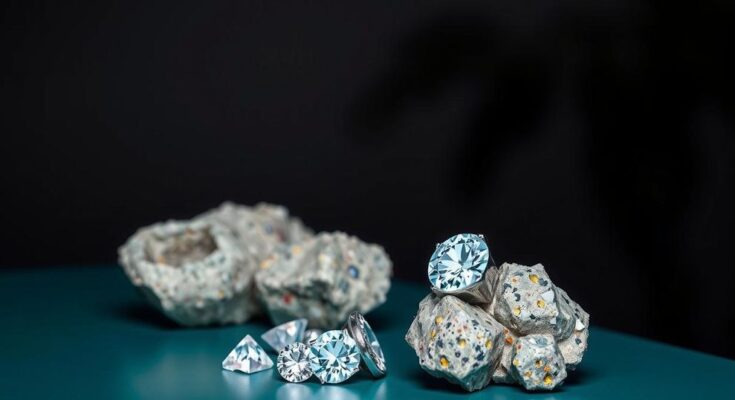Apple refutes allegations of using conflict minerals and has instructed suppliers to halt purchases from Congo and Rwanda due to escalating regional conflicts. This announcement follows a criminal complaint made by the Congolese government regarding Apple’s sourcing practices in France and Belgium.
On Tuesday, Apple Inc. announced that it firmly disputes the allegations claiming it utilizes conflict minerals in its products. The company has instructed its suppliers to cease the procurement of specific minerals, namely tin, tantalum, tungsten, and gold, from the Democratic Republic of Congo and Rwanda. This directive was issued due to the deteriorating conflict situation in the region, as reported by Reuters.
The context of Apple’s statement follows a criminal complaint lodged against the company earlier the same day in France and Belgium. The complaint, filed by the Congolese government, accuses Apple of using conflict minerals that have allegedly been laundered through global supply chains, raising concerns about ethical sourcing practices within the technology industry.
This article addresses significant issues pertaining to the ethical sourcing of minerals used in consumer electronics. Conflict minerals, often sourced from war-torn regions, pose serious human rights and environmental concerns. In particular, minerals from the Democratic Republic of Congo have been associated with funding armed conflicts and human rights abuses, prompting companies like Apple to scrutinize their supply chains more closely to ensure compliance with ethical standards and legal obligations.
In conclusion, Apple’s proactive stance against the procurement of conflict minerals marks a significant measure to uphold ethical sourcing standards within its supply chain. This decision reflects the growing scrutiny that multinational companies face with respect to their impact on global human rights and environmental issues. By terminating purchases from regions plagued by conflict, Apple aims to mitigate its association with unethical practices and reinforce its commitment to responsible sourcing.
Original Source: www.mining.com




